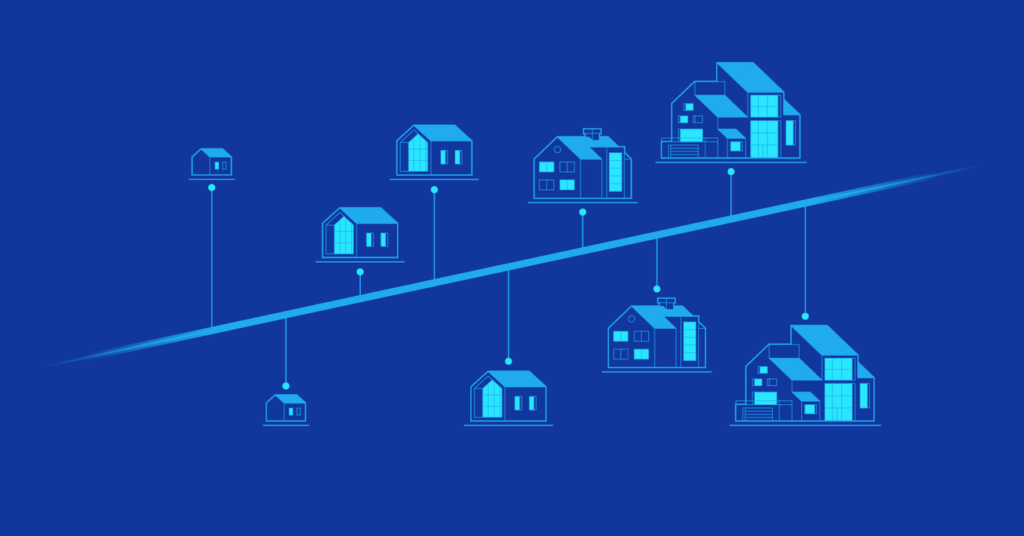A real estate developer holds the key to transforming vast plots of land into architectural marvels that shape the urban landscape. With a visionary approach and meticulous planning, these developers bring their expertise to create thriving communities and iconic structures. In this article, we will explore the multifaceted role of a real estate developer and delve into their process of turning raw land into extraordinary real estate projects.
Table of Contents
Understanding the Role of a Real Estate Developer

A real estate developer plays a pivotal role in the construction industry, acting as the driving force behind the development of commercial and residential properties. They possess a unique blend of business acumen, creativity, and industry knowledge. These professionals identify promising land parcels, envision their transformation, secure funding, and oversee the entire development process from start to finish. The responsibilities of a real estate developer encompass land acquisition, design, construction management, marketing, and sales. Their ultimate goal is to create valuable assets that enhance the urban environment and meet the demands of the market.
Identifying Promising Land Parcels

One of the primary tasks of a real estate developer is to identify land parcels with potential for development. They conduct thorough market research, analyzing factors such as location, infrastructure, zoning regulations, and market trends. By considering these aspects, developers can make informed decisions about land acquisition and maximize the return on investment. A skilled real estate developer possesses the ability to identify opportunities in both emerging and established markets, ensuring the success of their projects.
Envisioning Architectural Marvels

Once a suitable land parcel is acquired, a real estate developer embarks on the creative process of envisioning architectural marvels that will define the project. This stage involves collaborating with architects, urban planners, and design professionals to conceptualize innovative and functional structures. The developer’s vision takes into account factors such as sustainability, aesthetics, and the needs of the target market. By combining their expertise with the insights of the design team, real estate developers create master plans that shape the project’s identity and ensure its long-term viability.
Securing Funding for Development

Securing funding is a critical aspect of real estate development. Developers must navigate the complexities of financial markets to raise the necessary capital for their projects. This involves seeking investment partners, negotiating loans, and presenting a compelling business case to attract funding. Experienced real estate developers have well-established networks and relationships with lenders, investors, and financial institutions, enabling them to access the required funds. Their financial acumen and understanding of market dynamics play a crucial role in securing favorable terms and ensuring the financial sustainability of the development.
Overseeing the Development Process

Once the vision is in place and funding secured, a real estate developer takes on the role of overseeing the development process. This entails managing construction activities, coordinating with contractors and suppliers, and ensuring compliance with building codes and regulations. Developers closely monitor the project’s progress, quality control, and timely completion. Effective project management skills, attention to detail, and the ability to navigate unforeseen challenges are essential for success in this phase. Real estate developers act as the central point of contact, orchestrating the various stakeholders involved and ensuring seamless collaboration to bring the vision to life.
Marketing and Sales Strategies

Marketing and sales play a vital role in the success of real estate projects. Developers leverage their expertise to create effective strategies that generate interest, attract potential buyers, and create a buzz around the development. They collaborate with marketing professionals to develop branding, advertising campaigns, and digital marketing initiatives that effectively communicate the unique selling points of the project. Real estate developers also work closely with real estate agents and brokers to facilitate sales and maximize the project’s profitability.
Conclusion
Real estate developers possess a remarkable ability to transform raw land into architectural marvels. With a blend of creativity, business acumen, and industry knowledge, they shape the urban landscape and create thriving communities. From identifying promising land parcels to securing funding, envisioning architectural designs, and overseeing the development process, real estate developers play a multifaceted role in bringing their visions to life. Their expertise in marketing and sales ensures that these projects reach their target audience and achieve financial success. Through their transformative work, real estate developers leave a lasting impact on the built environment, enhancing the quality of life for residents and contributing to the growth of cities and communities.
Learn about: Unlock the Secret to Financial Freedom: Join the Homeowners of America and Start Saving Big



